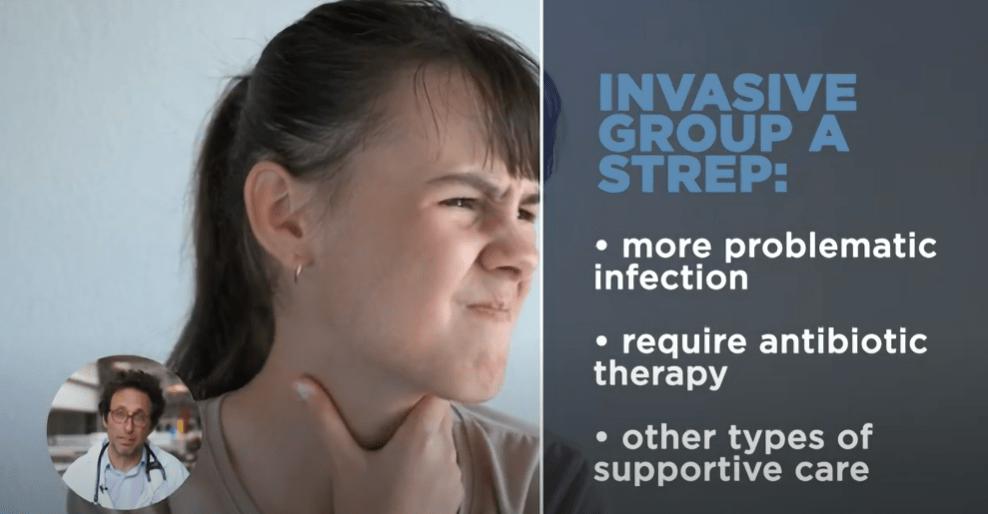
What is measles?
 Hamilton Public Health Services and Brant County Health Unit are investigating exposures in Hamilton and Brantford related to a confirmed case of measles.
Hamilton Public Health Services and Brant County Health Unit are investigating exposures in Hamilton and Brantford related to a confirmed case of measles.
Dr. Jacqueline Wong, a pediatric infectious diseases specialist at Hamilton Health Sciences McMaster Children’s Hospital, shares information to help keep you and your family safe.
What is measles and how can I avoid getting it?
Measles is a virus. It belongs to a group of viruses that include other common infections that you might have heard of, like RSV and mumps.
Vaccines are free, safe and highly effective protection from measles. The normal vaccine schedule for measles is a first dose around age 1 and a second dose between the ages of 4-6, or just before starting school. You can see this on vaccine records as “MMR” which stands for protection from measles, mumps and rubella, which is another form of measles.
Why are people concerned about measles?
The measles virus is extremely contagious. It spreads more easily than the regular cough and cold virus. Measles is spread through the virus being in the air when an infected person breathes it out, and it can linger in the air for hours even after the sick person has left the room.
Vaccines are free, safe and highly effective protection from measles.
Over the last few years, there have been times when children could not get all of their regularly scheduled vaccinations. And so this is an important reminder that now is the time to talk to your primary care provider, talk to public health, and see which immunizations were missed and which ones you can catch up with.
Vaccination is the most effective way to prevent getting this infection, developing complications and preventing spread and outbreaks to those around you.
What does measles look like and how does it affect people?
Measles can cause problems for young children and older adults, as well as people who have weakened immune systems and pregnant people.
The classic measles symptoms you should watch for include high fever, red eyes, runny nose and cough. And there’s this characteristic rash. It’s a whole body rash with red blotches all over the body, appearing from the third to the seventh day that spreads from the hairline down the body.
But for even healthy children, if they’re unvaccinated and get measles, sometimes more serious complications like bacterial infections, including pneumonia, or brain swelling can happen as well. And sometimes those complications might need you to go to the hospital because your child is having breathing problems. If a child is experiencing these complications and needs to go to the hospital, ensure they are wearing a mask before entering the hospital and that whoever is taking them is immune to measles.
If you think you or your child has measles or has been exposed to the virus because of where you’ve traveled or because you’ve been in contact with someone who has measles, you should call your family doctor’s office and public health. If you or your child has an upcoming appointment at our hospital, but you suspect exposure to the measles has occurred or have traveled abroad and are now unwell, please call the clinic to discuss.
Be sure your whole family is up to date on all your routine vaccinations before travelling, especially outside of Canada.
The best way to prevent measles is to make sure that you’re fully vaccinated against it.
Review our measles FAQ for essential caregivers & patients with appointments (PDF).



